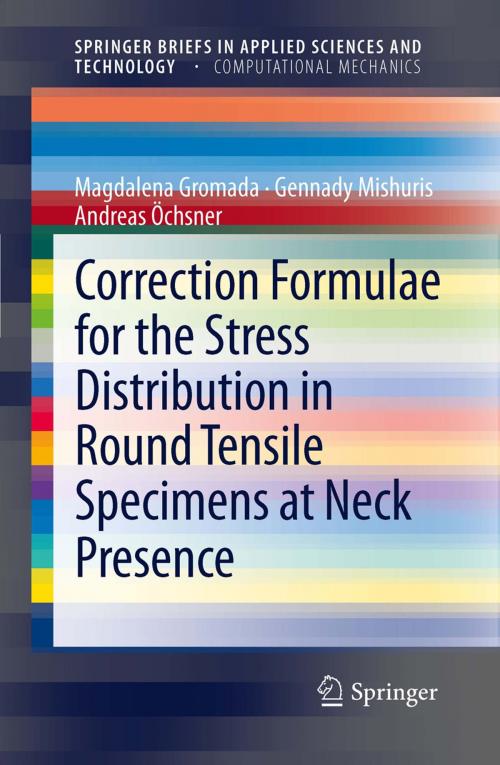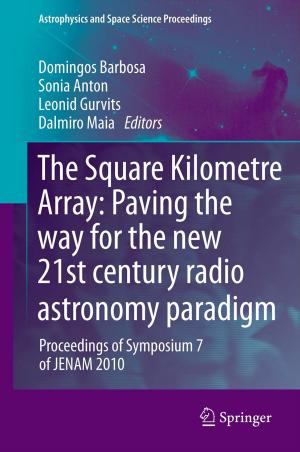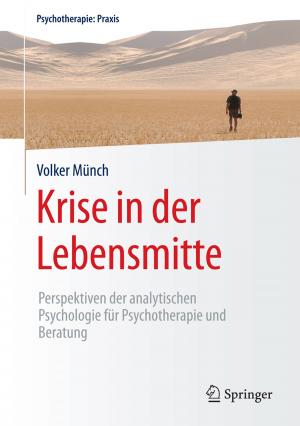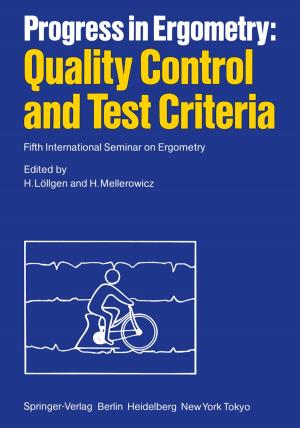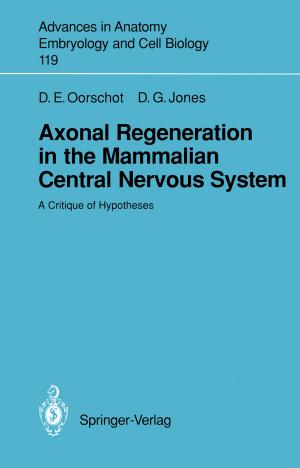Correction Formulae for the Stress Distribution in Round Tensile Specimens at Neck Presence
Nonfiction, Science & Nature, Science, Physics, Mechanics, Computers, Advanced Computing, Computer Science, Technology| Author: | Magdalena Gromada, Gennady Mishuris, Andreas Öchsner | ISBN: | 9783642221347 |
| Publisher: | Springer Berlin Heidelberg | Publication: | August 13, 2011 |
| Imprint: | Springer | Language: | English |
| Author: | Magdalena Gromada, Gennady Mishuris, Andreas Öchsner |
| ISBN: | 9783642221347 |
| Publisher: | Springer Berlin Heidelberg |
| Publication: | August 13, 2011 |
| Imprint: | Springer |
| Language: | English |
The monograph deals with methods to determine mechanical properties and evaluate the flow curve of ductile materials from the tensile test. It presents classical hypotheses concerning the onset of neck creation as well as the state of the art in determining the mechanical properties from the tensile test, with emphasis on the consequences of the neck formation. It revises derivations of formulae for the stress distribution in the minimal cross-section of the axisymmetrical specimen in the classical approaches proposed by Bridgman, Davidenkov / Spiridonova and Siebel as well as in the less famous formulae derived by Szczepinski and Malinin / Petrosjan. The revision is completed with solutions evaluated by the authors. In the monograph, the simplifying assumptions utilised in the classical approaches were carefully verified by numerical simulations accompanied by theoretical analysis. Errors imposed in the evaluation of the average axial stress acting on the minimal cross-section as a result of every particular simplification are estimated. The accuracy of all formulae to evaluate the flow curve is discussed. The significance of a high accurate determination can be seen in the context of numerical simulation (e.g. finite element computations), where the total error and accuracy is partly based on the accuracy of the material input.
The monograph deals with methods to determine mechanical properties and evaluate the flow curve of ductile materials from the tensile test. It presents classical hypotheses concerning the onset of neck creation as well as the state of the art in determining the mechanical properties from the tensile test, with emphasis on the consequences of the neck formation. It revises derivations of formulae for the stress distribution in the minimal cross-section of the axisymmetrical specimen in the classical approaches proposed by Bridgman, Davidenkov / Spiridonova and Siebel as well as in the less famous formulae derived by Szczepinski and Malinin / Petrosjan. The revision is completed with solutions evaluated by the authors. In the monograph, the simplifying assumptions utilised in the classical approaches were carefully verified by numerical simulations accompanied by theoretical analysis. Errors imposed in the evaluation of the average axial stress acting on the minimal cross-section as a result of every particular simplification are estimated. The accuracy of all formulae to evaluate the flow curve is discussed. The significance of a high accurate determination can be seen in the context of numerical simulation (e.g. finite element computations), where the total error and accuracy is partly based on the accuracy of the material input.
